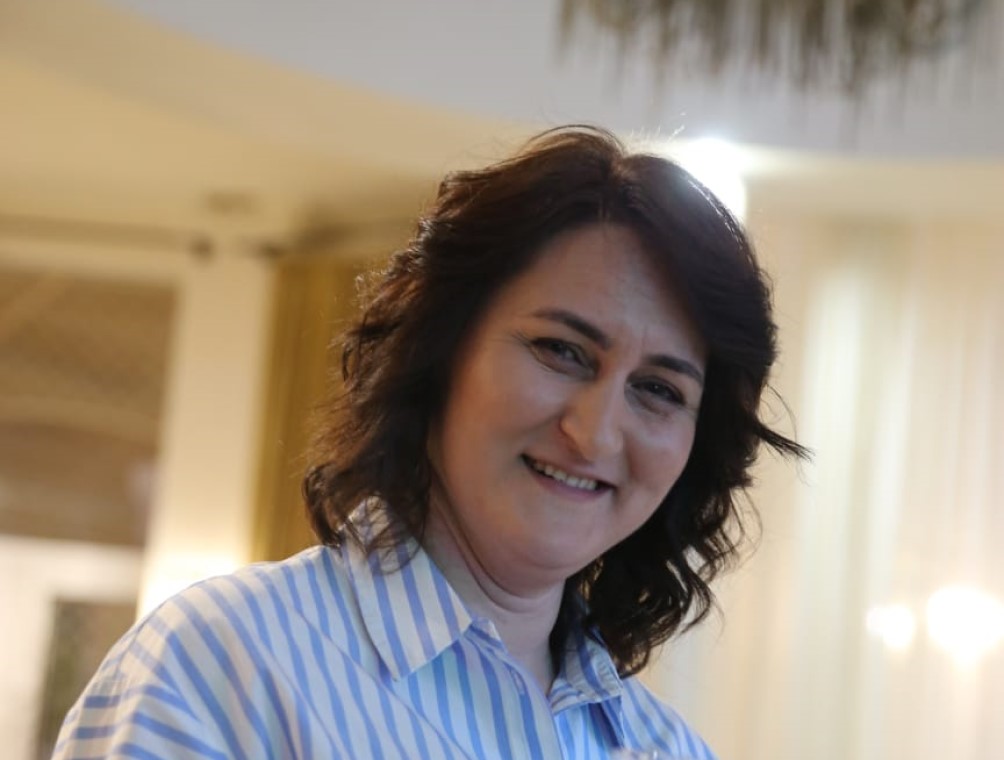Abkhaz journalist sues security service
The trial in the case filed by journalist Nizfa Arshba against the State Security Service of Abkhazia will be held behind closed doors. Arshba considers this decision unfounded, as the case contains no classified information that should be kept from the public.

Nizfa Arshba, editor of the Abkhaz news outlet Aiashara, accuses the State Security Service (SSS) of defamation, insult to her honor and dignity, and damage to her professional reputation.
In August 2024, the SSS claimed that Arshba had allegedly applied for permission to travel briefly to Georgia and was denied.
The journalist says this is a lie and slander, which also contributed to her being labeled a foreign agent in Russia.
Nizfa Arshba is now demanding that the State Security Service present documents proving she applied for permission to travel to Georgia. According to her, such documents simply do not exist, and therefore cannot be provided.
The trial has been ongoing for two months. Several hearings have been postponed at the request of the defendant, the SSS, citing various reasons. Most recently, the agency petitioned to move the trial behind closed doors, claiming that the documents they intend to present are classified.
Judge Bella Hasaya granted the request, but Arshba disagrees with the decision:
“I’m only asking for the supposed travel application form I allegedly submitted and the official refusal I allegedly received from the SSS. These are public, not classified, documents,” the journalist explains.
According to Arshba, the documents don’t exist, “which is why they’re inventing reasons for closed hearings.”
Even the SSS lawyer, Frida Lazba, admitted that the agency does not have the documents requested by the court. Instead, the defense offered to present other materials as evidence – but only in a closed hearing.
However, even after the court approved the closed format, the SSS still failed to produce a single document supporting their version of events. They now claim that both the alleged travel request and the denial were given verbally and were never documented.
Yet they cannot clearly explain what kind of “verbal form” they mean – whether it was a phone call, an in-person visit, or something else. The SSS promised to clarify this point at the next hearing.


